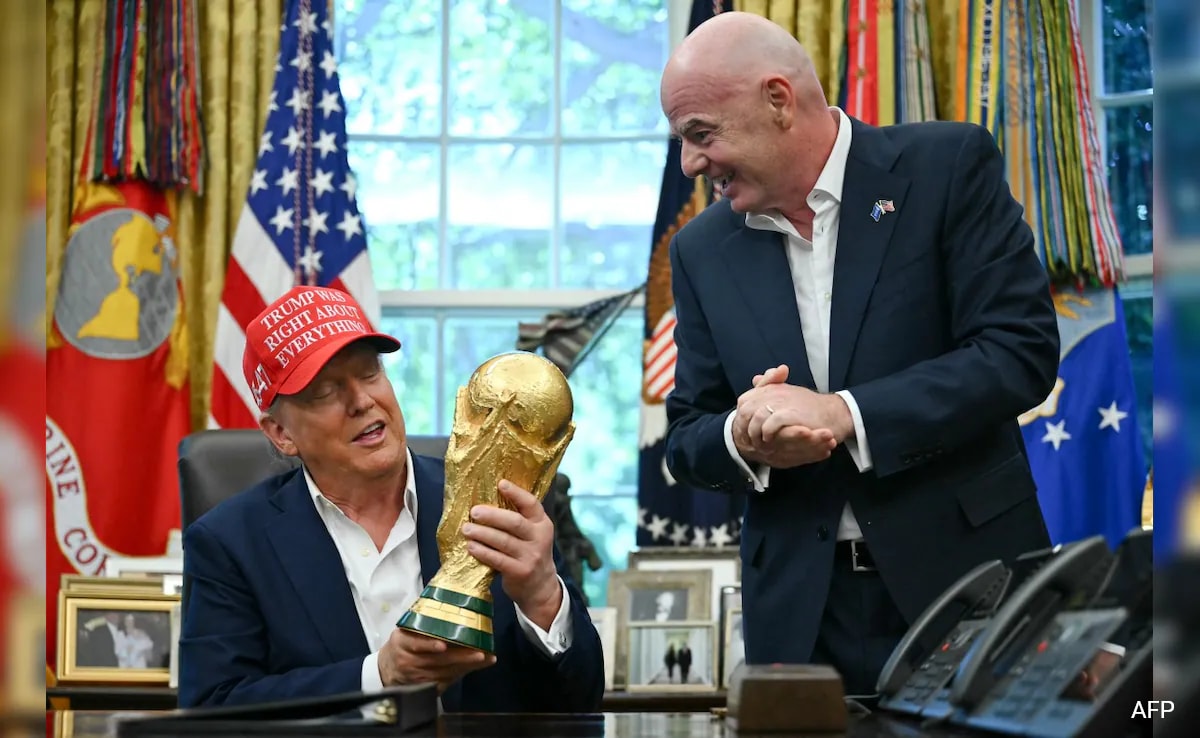On Saturday afternoon, Saudi ambassador to Beirut Waleed Bukhari flew home after he was recalled by his government, according to airport officials in Beirut. Bukhariâs departure came a day after Saudi Arabia ordered Lebanonâs ambassador to Riyadh to leave within 48 hours and banned all imports from Lebanon.
Saudi Arabia has for decades been a huge market for Lebanese products.
The moves came as the Arab League chief expressed concerns about the deterioration of ties between Lebanon and wealthy Gulf countries over statements made by Information Minister George Kordahi.
Lebanonâs Foreign Minister Abdallah Bouhabib said Prime Minister Najib Mikati is in contact with foreign officials who asked him not to think about resigning. The minister added that he is in contact with the Americans to help solve the crisis.
Kordahi described â on a TV program filmed in August and aired this week â the war in Yemen as an aggression by Saudi Arabia and the United Arab Emirates. He called the war âabsurd,â saying it must stop because he is opposed to wars between Arabs.
Yemen has been convulsed by civil war since 2014, when the Iran-backed Houthi rebels captured the capital, Sanaa, and much of the north of the country. That forced the internationally recognized government to flee to the south, then to Saudi Arabia.
A Saudi-led coalition entered the war in March 2015, backed by the United States, to try to restore the government to power. Despite a relentless air campaign and ground fighting, the war has deteriorated largely into a stalemate and spawned the worldâs worst humanitarian crisis.
On Saturday evening, Kordahi visited Cardinal Bechara Rai, the head of Lebanonâs Maronite Catholic church, and discussed the matter with him. Kordahi did not speak to journalists after the meeting. He earlier refused to apologize, saying his comments meant no offense to Saudi Arabia.
Earlier in the day, Kuwait followed Saudi Arabia and Bahrain by ordering the Lebanese charge dâaffaires on Saturday to leave the emirate within two days. Later Saturday, the United Arab Emiratesâ state-run WAM news agency said on Twitter that it would withdraw its diplomats from Lebanon in solidarity with Saudi Arabia.
The tweet also said Emiratis would be âpreventedâ from traveling to Lebanon. Travel bans have happened previously to Lebanon over politics in the past.
In Beirut, several government officials met Saturday to discuss the crisis that is likely to have major repercussions on Lebanon. The meeting was briefly attended by the U.S. embassyâs Deputy Chief of Mission Richard Michaels at the foreign ministry in Beirut, according to Bouhabib.
âThey can help in solving these problems,â Bouhabib said about the United States.
Bouhabib canceled his visit to Glasgow, Scotland, where he was supposed to attend a U.N. climate summit, to deal with the crisis with the oil-rich Gulf nations. He said Mikati will go to Glasgow where he will discuss the crisis with foreign dignitaries.
President Michel Aoun said in a statement Saturday that Lebanon wants the best relations with Saudi Arabia and its neighbors.
On Friday night, Mikati and Aoun discussed the Saudi decision and asked Kordahi to make the âappropriate decision,â an apparent call for him to resign in hopes it will ease the tension.
Kordahi, a former TV show host, made the comments on a TV program before he was chosen for the post in September. Kordahi is close to the Christian Marada Movement, an ally of the militant Hezbollah group.
Marada leader Sleiman Frangieh told reporters Saturday that it is up to Kordahi to decide whether he will resign or not. He added that Kordahi contacted him and asked whether he should resign âbut I refused because he did not make any mistake. Still I am with any decision he takes.â
In Cairo, Arab League Secretary General Ahmed Aboul-Gheit said the crisis caused by Kordahiâs comments has led to a âgreat setbackâ to Lebanonâs relationship with the Gulf countries.
He urged Lebanonâs president and prime minister to take ânecessary stepsâ to ease the tension, especially with Saudi Arabia. He did not elaborate which steps should be taken.
Aboul-Gheit also called on Gulf officials to review measures that could have negative consequences on Lebanonâs already battered economy.
Associated Press writers Samy Magdy in Cairo and Jon Gambrell in Dubai contributed to this report.
.png)










 English (United States) ·
English (United States) ·  Turkish (Turkey) ·
Turkish (Turkey) ·